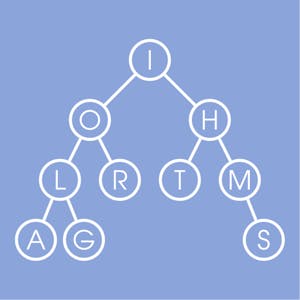History of Rock, Part One
About this Course
This course, part 1 of a 2-course sequence, examines the history of rock, primarily as it unfolded in the United States, from the days before rock (pre-1955) to the end of the 1960s. This course covers the music of Elvis Presley, Chuck Berry, Phil Spector, Bob Dylan, the Beatles, the Rolling Stones, Jimi Hendrix, Cream, and many more artists, with an emphasis both on cultural context and on the music itself. We will also explore how developments in the music business and in technology helped shape the ways in which styles developed. Rock emerged in the mid 1950s as a blending of mainstream pop, rhythm and blues, and country and western--styles that previously had remained relatively separate. This new style became the music of the emerging youth culture and was often associated with teen rebellion. We will follow the story of how this rowdy first wave of rock and roll (1955-59) was tamed in the early 60s but came roaring back with the Beatles and the Rolling Stones and then went psychedelic by the end of the decade.Created by: University of Rochester

Related Online Courses
In this second installment of the Dataflow course series, we are going to be diving deeper on developing pipelines using the Beam SDK. We start with a review of Apache Beam concepts. Next, we... more
Neuroimaging methods are used with increasing frequency in clinical practice and basic research. Designed for students and professionals, this course will introduce the basic principles of... more
This Specialization is intended for educators seeking to develop their expertise in the delivery of technology-enabled learning experiences. Through a series of 4(four) courses, you will learn how... more
Welcome to the specialization course of Designing data-intensive applications. This course will be completed on four weeks, it will be supported with videos and exercises. By the end of this... more
This online course covers basic algorithmic techniques and ideas for computational problems arising frequently in practical applications: sorting and searching, divide and conquer, greedy... more








